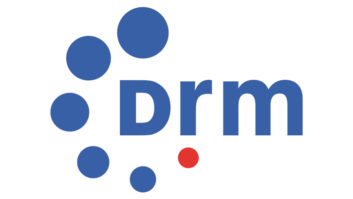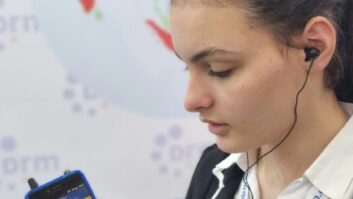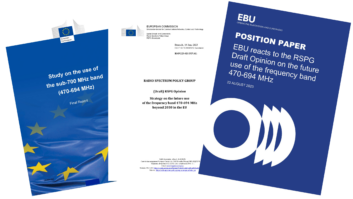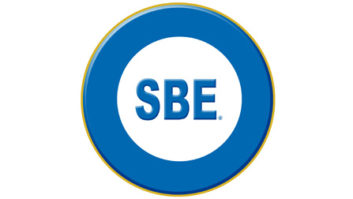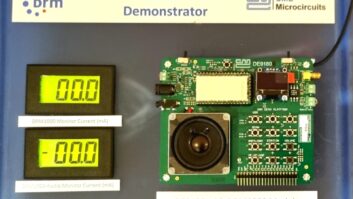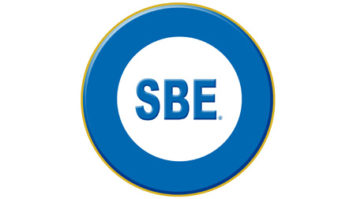
The first ever Digital Radio Mondiale European Workshop entitled “Flexible and Complete Digital Radio for Europe” wrapped up on Thursday, April 7, in Erlangen, Germany. The event was held after the DRM General Assembly and was hosted by the DRM Consortium, the German DRM Platform and Fraunhofer IIS.
During the workshop, participants urged all digital radio stakeholders in Europe (organizations, regulators, broadcasters, the receiver and automotive industry) to “embrace the duality and complementarity of the open DRM and DAB standards as the complete digital radio solution,” and to actively promote the manufacture and distribution of multi-standard digital radio receivers, comprising DRM, DAB + and FM.
The first session, held in conjunction with the open part of the DRM General Assembly, took a look at the status of DRM adoption around the world, including the DRM rollout in India. It offered presentations and discussions that highlighted the DRM standard for distributing programs internationally, nationally and locally.
Bernd Linz of Fraunhofer IIS also presented the latest development in providing traffic and travel services in DRM radios, soon to be installed in Asia, while Martin Speitel showed features of the Fraunhofer software package for car radios with DRM.
On April 7 benefits and opportunities of DRM were shown with practical applications. Matthias Stoll of Ampegon revealed ways to easily and cost-effectively transition from analog AM to DRM. Marc Holthof of the German Navy gave an example of how to use DRM over shortwave for maritime broadcasting of information and entertainment to ships at sea, and Joachim Lehnert, chairman of the German DRM Platform, illustrated how DRM can be a suitable system for local/regional coverage in VHF Band III and fully compatible with DAB/DAB+ and DVB-T networks.
This was followed by a status report on the development of digital multi-standard radios, which emphasized the market and framework requirements for the production of multi-standard radios for Europe. Alexander Zink of Fraunhofer IIS and vice chairman of DRM then moderated a roundtable discussion that led to the establishment of a European network for the exchange of information and coordination of activities focusing on the needs of Europe
Joachim Lehnert, chairman of the German DRM Platform concluded in a release on the workshop, “This will eventually help all radio broadcasters across Europe, whether national, local or community stations, and will ensure each has a digital home in the future.”





